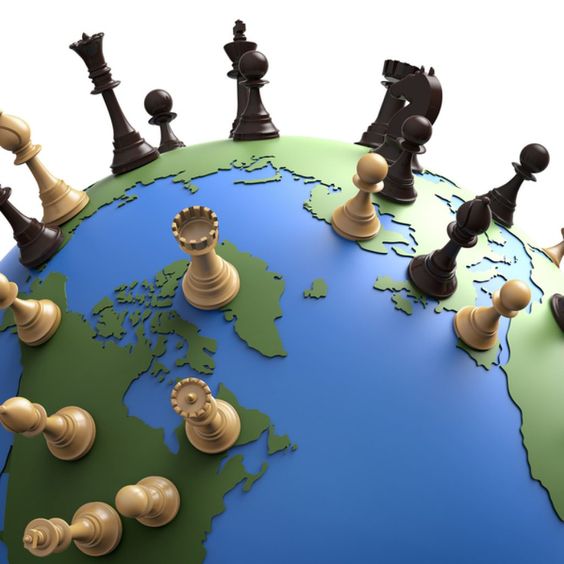Flor G. Tarriela l April 26, 2024 l Business World

In the past months, we have seen the events unfolding in the West Philippine Sea getting more intense, with Chinese ships hosing and damaging small Philippine ships. As the interface between geopolitics and geo-economics is real, it was timely that the Financial Executives Institute of the Philippines (FINEX) held its general membership meeting on April 17 with Dr. Ronald Mendoza, senior economist of the Ateneo Policy Center, on the topic “Navi-gating the US-China Geopolitical Tensions: Implications for the Philippine Economy.”
Dr. Mendoza said foreign policy analysts point to a new cold war between the United States and China, with the US describing China as an “adversary,” “rival,” and “strategic competitor.” Like other countries, especially in Asia, the Philippines must seek to prosper amid the recalibration of national security and economic policies due to the escalating clash between the two giants. In connection with this, Dr. Mendoza asked the following questions: “Just in case China embargoes our exports, can we find alternative markets? Which products will be hit the hardest?” He added, “just in case China cuts our imports, can we find alternative supply sources? Which sectors will be hit the hardest?” These questions are of utmost importance since China accounted for the 23% of our total imports (#1) and 15% of total exports (#2) in 2023, according to the Philippine Statistics Authority. Meanwhile, the US ac-counted for 7% of our imports (#5) and 16% of exports (#1).
As the Philippines is the second most archipelagic country in the world, with the richest area in terms of biodiversity, he advocates for a blue economy and the extraction of resources to boost Philippine development. Mining is potentially a rich source of national resources. The problem is, how do you extract in the middle of these tensions?
On the sources of equity and debt, Philippine National Bank (PNB) Economist and First Vice-President Alvin Arogo said in 2023, the net foreign direct investment flows to the Philippines amounted to $8.864 billion, broken down into $1.291 billion in equity, $1.239 billion in reinvested earnings, and $6.334 billion in debt.
Meanwhile, the total external debt of the Philippines as of December 2023 amounted to $125.4 billion, of which $77.8 billion is from the public sector and $47.6 billion from the private sector. Of the $77.8-billion public sector external debt, 10% came from Japan and only 0.5% from China, while for the $47.6-billion private sector external debt, 10% came from Japan and 6% from China, only counting bilateral loans.
To navigate the new cold war, Dr. Mendoza said: “Where possible, countries can and should explore the development of international economic cooperation and regional trade and investment groupings in ways that create mutual value and avoid being forced to choose between the United States and China. If such a choice may have been inevitable under the first cold war, this may not be the case today given the emergence of middle powers that create more options for different layers of economic, technological and national security partnerships, and what some call “strategic autonomy.”
“A network of diverse economic partners may be much more resilient in a multipolar setting when compared to the kind of polarization that a China-US trade and tech war would imply. Arguably, a network of partners may also lessen the vulnerability of countries to pressure from either of the superpowers, notably by providing more options for economic alignment,” he added.
As we live in the era of Cold War 2.0, Filipinos should strive for peace but also prepare for the worst. Businesses should start evaluating the level of their dependence on imports and exports from China and the US. If significant exposure is found, there is an urgency to start looking for alternatives in order to help the country achieve strategic autonomy, which is the capability to make decisions independent from external pressure, especially from great powers.
Post-pandemic, there are so many challenges facing us, and this is a major one. Another pressing challenge is the current heat index. The current 40-degree level is already unbearable — how much more the forecasted 50 level in May?
As in everything else, we need to plan, prepare and always pray for the best, seeking God’s favor.
Meanwhile, a sincere congratulations to PNB, number one in Forbes’ list of the world’s best banks!
The views expressed herein are her own and do not necessarily reflect the opinion of her office as well as FINEX.
*** Flor G. Tarriela was former PNB chairman and now serves as board advisor. A former undersecretary of Finance, she is lead independent director of Nickel Asia Corp., director of LTG Inc. and FINEX. A gardener and an environmentalist, she founded Flor’s Garden in Antipolo, now an events destination. Photo from Pinterest.

